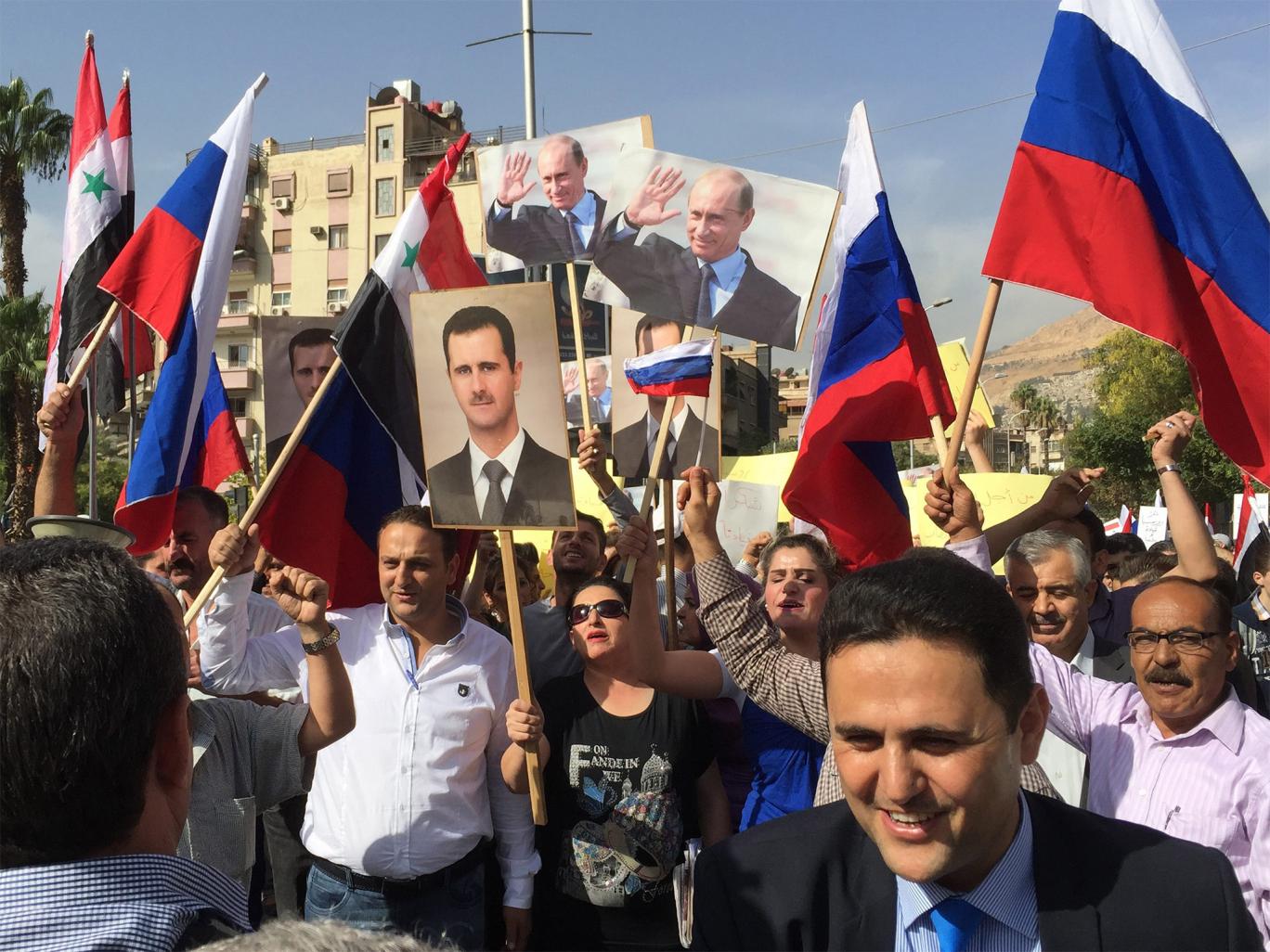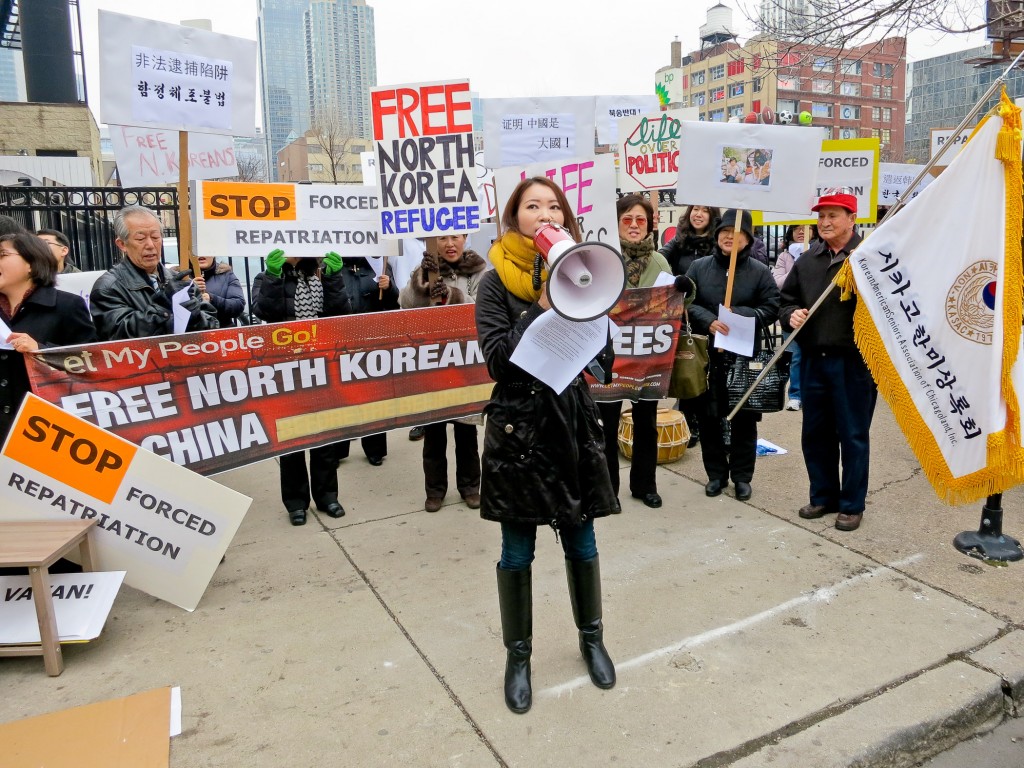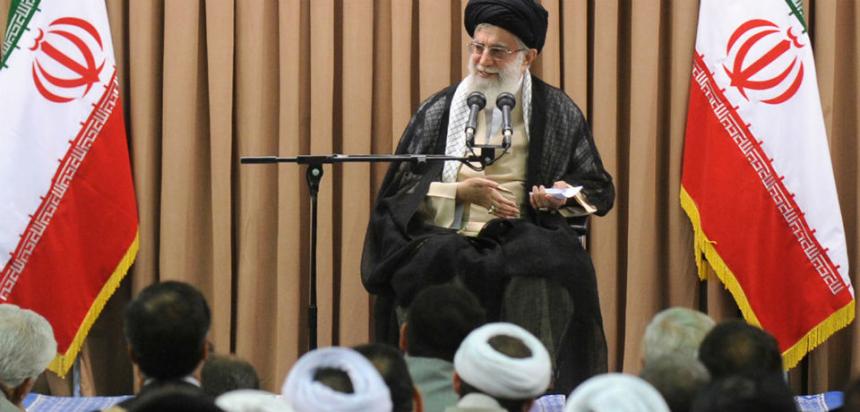By looking at Russia’s state-controlled media services and contrasting it with Western media perspectives, observers can form a picture of the official Russian perspective on the current conflict in Syria. While many external observers question whether these media outlets are state-dictated propaganda, they function as a valuable insight into the Kremlin’s position on current geopolitical issues. RussiaToday (RT), provided in English and Russia generally tends to be the least patriotic and uses less emotional language. Ria Novosty, sourced in Russian only, is far more patriotic, and categorically uplifts Russia while demeaning the US. For observers in the west, these media sources are important because they indicate the narrative the Russian government hopes to promote to the Russian public. This article examines sources before and after a Russian Su-24 was shot down on the Turkish-Syrian border on November 24, 2015.
Russian involvement against Daesh has been a controversial topic for Western governments. Western media argue that Russia is simply supporting the current Syrian government and engaging all forces opposing Assad, including U.S. backed rebels. Many sources agree that Russian airstrikes do not discriminate between ISIS and rebel groups which are fighting the Syrian government. This is corroborated by Putin’s speeches, in which he argues that there is no need to differentiate between different rebel groups, effectively considering Daesh with other anti-government rebel groups. Russian news sources reflect the position that has been taken by the Russian military, mainly, that if the U.S. shared intelligence on Daesh, they would be more able to accurately target the group. In a broadcast titled Driving Out Jihadists, RT states the Russian government’s desire to cooperate with the U.S. in eliminating Daesh. It positively reflects on the Russian airstrikes’ avoidance of religious sites such as mosques, and suggests that airstrikes which target U.S. backed forces could be avoided if Russia was provided with American intelligence sources. If one continues with the position that Russian state-dominated media portray the position of the Kremlin, this provides an interesting insight into a potential route for normalization of Russia-West relations.
Russian-language sources such as Ria Novosty have highlighted the inability of U.S. efforts to resolve the Syria Crisis, and the superior effectiveness of Russian forces in combatting Daesh and other rebel groups. They hint at the concerns of the Russian government, and suggest that as long as Assad remains in power, there is a desire to cooperate in the region against Daesh. This is significant because there is now a potential avenue for Russian and American military cooperation towards a shared goal; the elimination of Daesh capabilities, which could lead to a relief of concerns of Russian aggression elsewhere, as well as a cessation of the continued instability in the region.
Image courtesy of politicalvelcraft.org
The recent incident involving the destruction of a Russian warplane on the Turkish-Syrian border has resulted in an immediate, dramatic, change of the media and political dialogue to one that is critical of Turkey. Western media sources, such as the Wall Street Journal, outline the Russian media portrayal of Turkey as a supporter of terrorism and a new enemy of Russia. For example, Ria Novosty has published an article, “U.S Congressman: Turkey has done more for IS than to deal with it.” This is in keeping with the Russian media strategy of isolating a critical American opinion and using it as supporting evidence for the Russian position. Citing the shooting down of the Russian Su-24 by Turkish forces, Ria Novosty also published an article titled, “Militarily, Turkey Scores Lower than Russia on all Counts”. The piece compares the military strength of Russia and Turkey, quantifying professional and reserve soldier numbers, as well as the relative numbers of armor and warplanes. It also mentions Russia’s domestic oil production, comparing it to Turkey’s petroleum imports.
Interestingly, the article does not mention NATO forces at any point. This is significant because the Russian media source has isolated this comparison of military strength, portraying a situation where Russia would defeat Turkey in an armed conflict. The dialogue is not addressing the fact that Turkey is a member of NATO, choosing instead to portray a perspective where Russia and Turkey would fight a war between the two countries, without the involvement of Turkey’s allies within NATO. This is problematic because it serves to embolden the Russian public to the possibility for armed conflict with a member of NATO.
Before the downing of the Russian warplane, Russian media described the inability of U.S. intervention to combat Daesh, and the superior effectiveness of Russian forces. Now, it is examining the superiority of Russian military forces against one of 28 NATO member states, again isolating information to suggest Russia’s superiority in a potential conflict. In summary, everyday Russians are being informed with isolated variables which champion Russian military effectiveness and ability to succeed in an armed conflict with a NATO member state.
Cover Image courtesy of The Independent.co.uk





